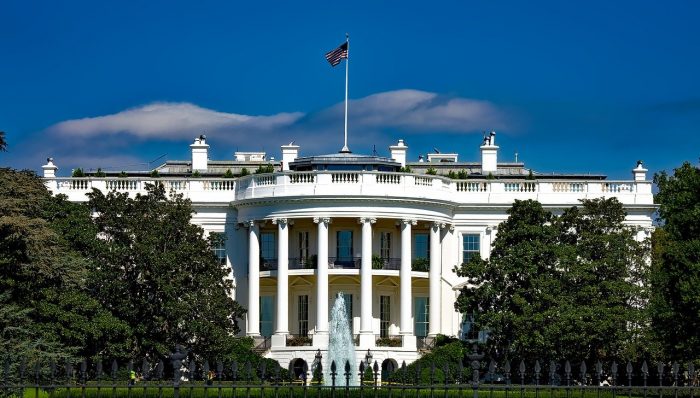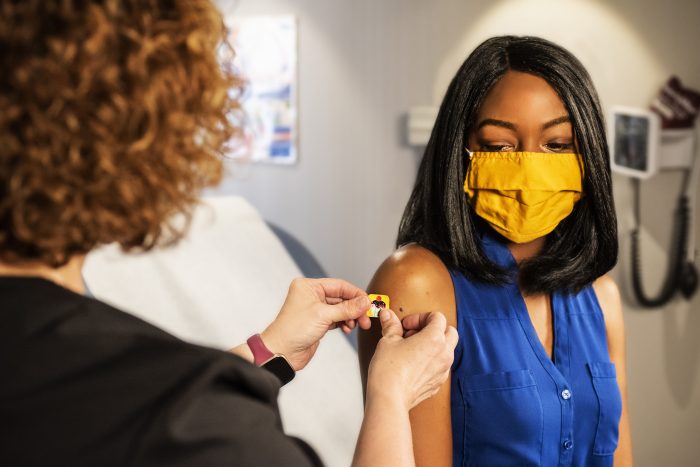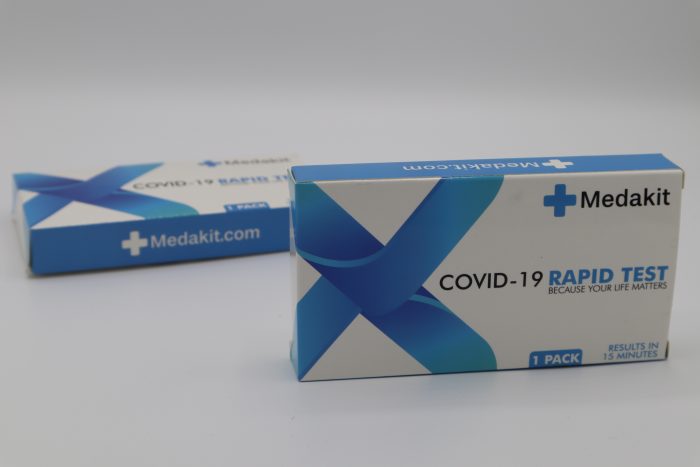Message from the Office of Developmental Programs:
Pennsylvania Department of Human Services (DHS) Acting Secretary Val Arkoosh today advised Pennsylvanians of upcoming changes to Supplemental Nutrition Assistance Program (SNAP) benefits. Due to the passage of the recent federal Consolidated Appropriations Act of 2023, starting in March, SNAP recipient households will no longer receive the Emergency Allotment (EA) additional payment created during the COVID-19 public health emergency and will resume receiving one SNAP payment per month.
This change will happen for all SNAP recipients, with households receiving letters via mail about the change in SNAP payments.
“We know this additional SNAP payment has been a lifeline for people over the past three years and that ongoing economic uncertainty and high food prices are contributing to food insecurity for many Pennsylvanians. There is help available for you and your family through Pennsylvania’s heroic charitable food partners,” said Acting Secretary Val Arkoosh. “I urge anyone who can donate food or resources, now is the time to help your local food assistance programs as they prepare to meet this potential additional need.”
With funds made available due to the federal COVID-19 emergency, DHS began providing EAs as a second monthly payment to SNAP recipient households that were receiving benefits since March 2020. The EAs increased the SNAP budget amount to the maximum available amount for their household size or, since early 2021, were a minimum of $95. These payments were distributed separate from the initial payment as an extra payment each month.
Due to federal legislation, this February will be the last month EAs are sent; and starting in March, SNAP recipients will only receive one regular SNAP payment.
Additionally, the 2023 cost of living adjustment for Social Security Income (SSI), which is also set by the federal government, prompted an 8.7 percent increase to SSI income. SNAP eligibility thresholds — also set at the federal level — did not rise proportionally. Because of this, approximately 249,000 households will experience a decrease in their base SNAP benefits by an average of $40 per household, which will take effect in March when EAs end. The Office of Developmental Programs (ODP) anticipates approximately 5,000 to 20,000 households will be disenrolled from SNAP due to the SSI increase. These federal changes will primarily affect older Pennsylvanians and seniors.
Pennsylvanians who need to report changes to their household size, income, or expenses are encouraged to report any changes either online via the myCOMPASS PA mobile app or by calling DHS’s Customer Service Center at 877-395-8930 (or 215-560-7226 for Philadelphia residents). This will help ensure households are receiving the maximum SNAP benefit based off their individual circumstances.
DHS recognizes the impact these changes may have on households and wants to make sure families that need food assistance know where to go for help:
- SNAP recipients who are pregnant or have kids under 5 may be able to get help buying food from PA WIC. You can call 800-WIC-WINS or apply online.
- You can call 211 or visit PA 211 to connect with various local food resources.
- Visit Feeding PA to find local food banks and other food assistance programs.
- Go to the DHS website or PA Department of Agriculture website for information on assistance programs and other resources.
- If you are a SNAP eligible senior citizen, apply to receive additional vouchers redeemable at more than 800 farm stands and more than 200 farmers’ markets in Pennsylvania. The Senior Food Box Program can also provide you with additional shelf-stable groceries. Learn more about these programs from the Pennsylvania Department of Agriculture.
“Our charitable food network works tirelessly every day to be a resource and safety net for their communities. With a reduction in SNAP benefits coming, they will likely be left to absorb much of the impact,” said Acting Secretary Arkoosh. “If you are able to help, I strongly encourage you to support your local food banks and pantries as they prepare to meet this need. Small donations can grow into a big difference, so please do what you can so they can continue their life-saving work.”
For more information about SNAP Emergency Allotments, visit the DHS website.


















